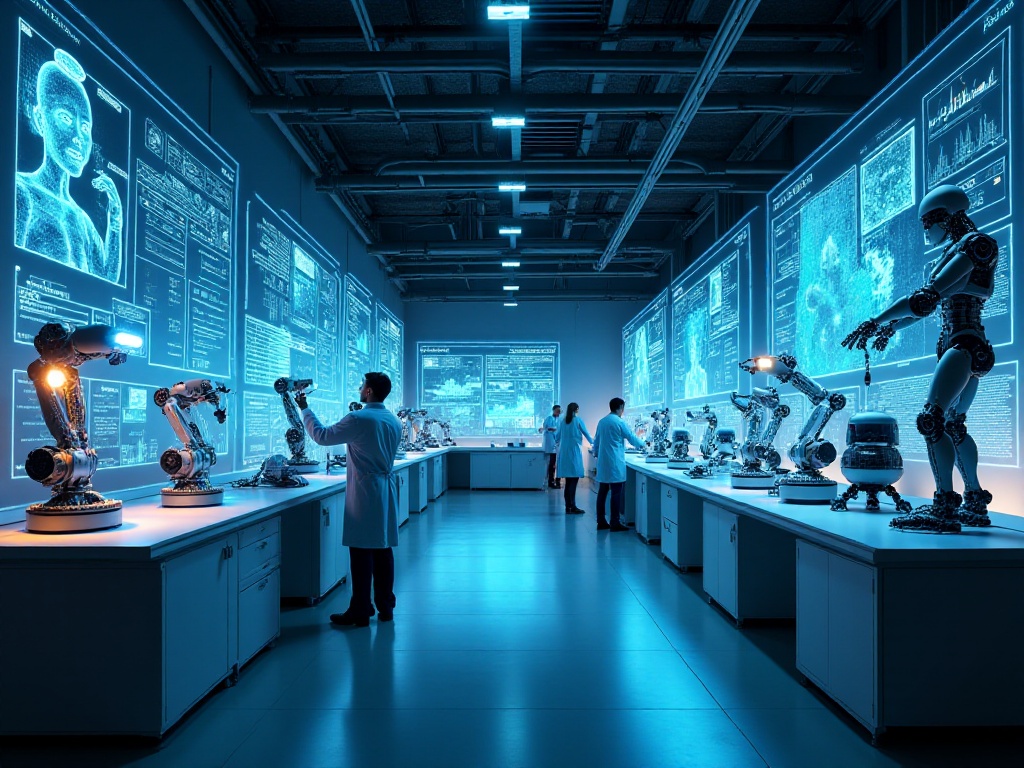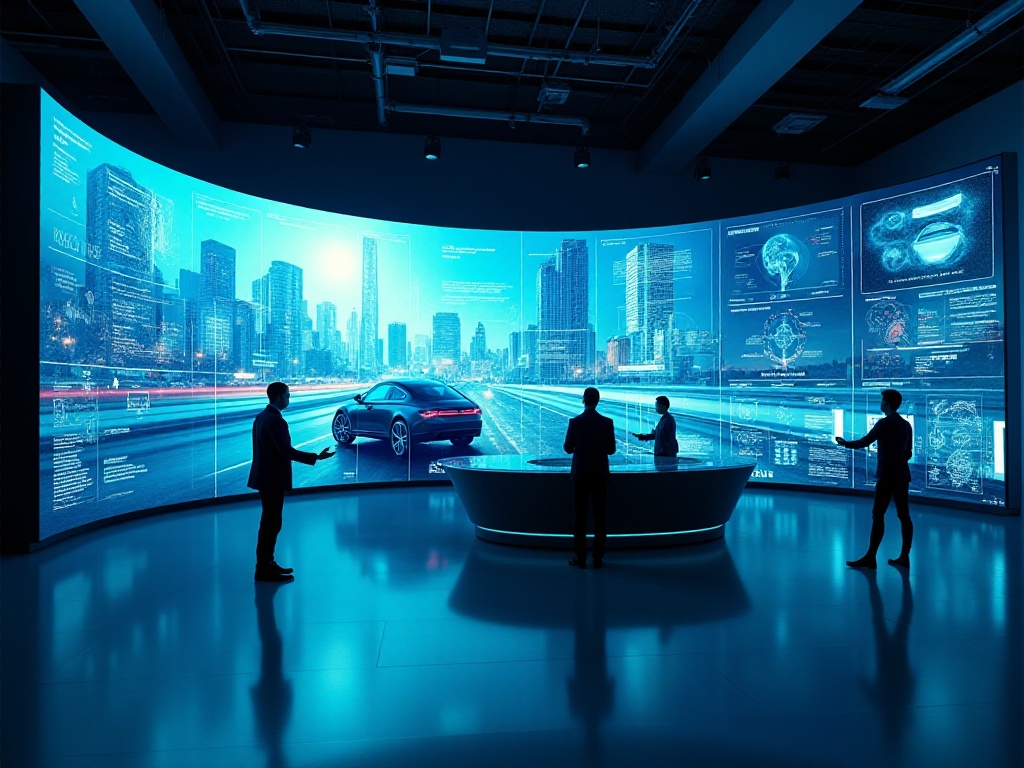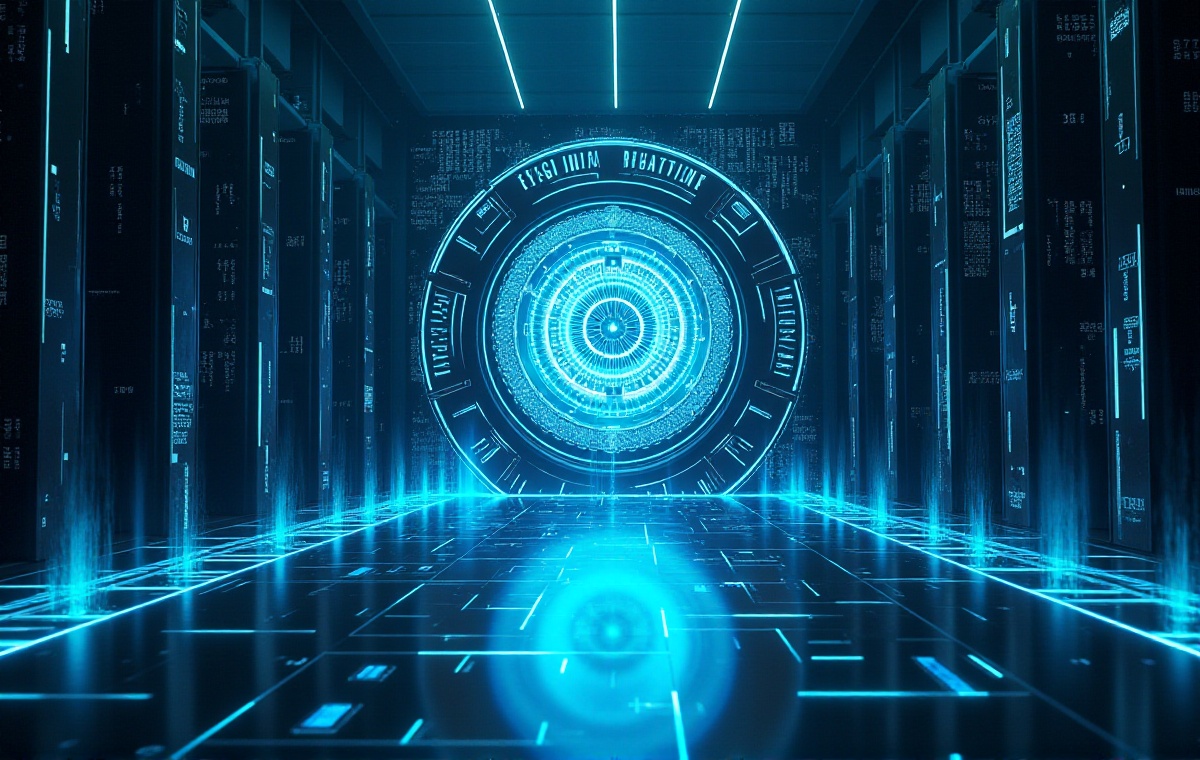Opening Chat
Recently, I've been completely amazed by Netflix's recommendation system. Every time I open the app, I feel like I'm being watched - the recommended content is incredibly accurate! Just last week, after finishing "Squid Game," it immediately recommended a bunch of similar survival-themed Korean dramas, all of high quality. It's almost magical! When I discussed this with my roommates, I found that everyone had similar experiences.
As a young person with a curiosity for technology, I decided to dive deep into understanding this recommendation system that we both love and fear. After all, as someone who watches shows daily, it feels wrong not to understand this system that I'm so "intimately connected" with.
Technical Decoding
To be honest, when I started researching Netflix's recommendation system, I discovered it's really the "top star" in the AI world! It's not just a simple "if you watched this, then watch that" system, but rather a super complex collection of machine learning algorithms. It's like having a confidant who knows you better than yourself, analyzing your every move - from your viewing history and search records to your star ratings, and even your fast-forward and rewind habits.
How impressive is this system? I found a statistic that shocked me: Netflix generates over $1 billion in value annually just from this recommendation system! Moreover, about 75% of user viewing behavior comes from personalized recommendations. Think about it - this means three-quarters of what we watch is chosen by this system! Isn't that like having a personal viewing consultant worth hundreds of millions?

Algorithm Revealed
So how does Netflix achieve such precise recommendations? After my research, I found their core algorithms quite interesting.
First is the collaborative filtering algorithm, which sounds sophisticated but is actually based on a simple principle of "birds of a feather flock together." For example, if I love watching Marvel superhero movies, the system will find users with similar viewing tastes and see what else they like. If they're all obsessed with "Black Mirror," the system thinks, "Hey, this person might like Black Mirror too!" Honestly, isn't this just how we recommend movies to friends?
But Netflix goes beyond this. They've developed a content feature analysis system that's incredibly detailed. They tag each film with thousands of labels, from basic genre, theme, actors, and directors to more specific plot developments, scene settings, and dialogue styles. For instance, they don't just know that "Stranger Things" is sci-fi; they know it has vintage style, brotherhood themes, supernatural elements, and 80s nostalgia. By analyzing the common features in content you typically watch, they can find other works with similar characteristics to recommend.
Even more impressive is that Netflix analyzes your viewing choices at different times and moods. If they notice you usually watch light comedies on weekend nights but prefer intense thrillers on weekday evenings, they'll recommend corresponding content at those times.
Application Innovation
Speaking of Netflix's black technology, we must mention their "personalized thumbnail" feature. It's absolutely amazing! The same movie might show completely different cover images to different users.
Let me share a real example. Once, my roommate and I opened Netflix together, and we both saw "The Matrix," but with completely different cover images. Since I love action movies, I saw a scene of Keanu Reeves fighting; my roommate, being a sci-fi fan, saw the iconic digital rain sequence. That's pretty amazing!
This feature has shown remarkable results, reportedly increasing click-through rates by 25%-30%. It makes sense - if you're a Marvel fan, you're more likely to click on "The Avengers" if the cover shows Iron Man rather than supporting characters.
Moreover, Netflix's recommendation system adjusts based on your viewing progress. If you've watched season one of a show, it will prominently recommend season two; if you abandoned a show midway, it might recommend similar content with faster pacing. These details are really thoughtful!
Business Value
At this point, I have to admire Netflix's business acumen. They invest over $17 billion annually in content creation and acquisition - no small sum! But with this powerful recommendation system, they ensure every penny is well spent.
The system not only helps users quickly find content they like but also helps Netflix understand user preferences for more targeted content creation. No wonder they've achieved impressive numbers like 230 million monthly active users and annual revenue exceeding $30 billion!
Plus, this recommendation system keeps evolving. It analyzes which types of content are most popular, which actor combinations are most attractive, and can even predict which themes might become trending. All this data influences Netflix's content production decisions.

Future Outlook
As a young technology enthusiast, I'm super excited about the future development of AI recommendation systems! As deep learning technology becomes more powerful, future recommendation systems might become even more intelligent and humanized.
Imagine future Netflix potentially recommending content based on your emotional state. It might analyze your social media activity, detect when you're feeling down, and actively recommend uplifting content; or notice your elevated heart rate during horror movies and suggest lighter content to ease tension.
Even cooler, future recommendation systems might incorporate VR/AR technology to create fully immersive viewing experiences. They might automatically adjust visual tones and sound details based on your preferences, ensuring everyone gets their optimal viewing experience.

Reflective Thoughts
Honestly, after all this research, I have mixed feelings about AI recommendation systems. On one hand, they bring unprecedented convenience, helping us quickly find interesting content in vast libraries. On the other hand, I worry whether such highly personalized recommendations might trap us in information bubbles?
Take myself for example - previously, I would try completely different types of movies based on friends' recommendations. While some were misses, there were often unexpected pleasant surprises. But now, with such precise recommendations, am I unconsciously limiting myself to my comfort zone?
Then again, it really depends on how we use the system. For instance, I now intentionally click on content types I wouldn't usually watch, letting the system know I'm interested in other genres. This not only breaks the algorithm's fixed recommendations but also broadens my horizons - why not?
Practical Suggestions
As an aspiring programmer (though still a student), I'd like to discuss how to approach developing similar recommendation systems.
First, data collection is crucial! Beyond basic user information and behavioral data, attention must be paid to details like what types of content users watch at different times, when they fast-forward, which scenes they replay, etc. This data is fundamental for building accurate user profiles.
Then comes algorithm model selection. It's recommended to start with basic collaborative filtering algorithms and gradually introduce deep learning models as data volume grows. I've noticed many startups want to use the newest, coolest algorithms immediately, but end up with poor results due to insufficient data.
Finally, user feedback is vital. A recommendation system isn't finished once built - it needs constant adjustment and optimization based on user feedback. This could involve A/B testing different recommendation strategies or regularly analyzing user churn to identify potential system issues.

Final Thoughts
After all this research, I think Netflix's recommendation system's greatest strength isn't its advanced technology, but its genuine prioritization of user experience. It's like a friend who really understands you, knowing not just what you like, but when to recommend what.
Ultimately, isn't technology's ultimate goal to improve our lives? Netflix's recommendation system maintains such a low profile yet becomes indispensable. It reminds me of my favorite saying: the best technology is the one you don't notice.
However, after all this discussion, a question occurs to me: if AI becomes too intelligent in the future, will even our sense of anticipation and surprise while watching shows be calculated by algorithms? I'll leave this question here for now - let me watch a few more shows before pondering it further!





